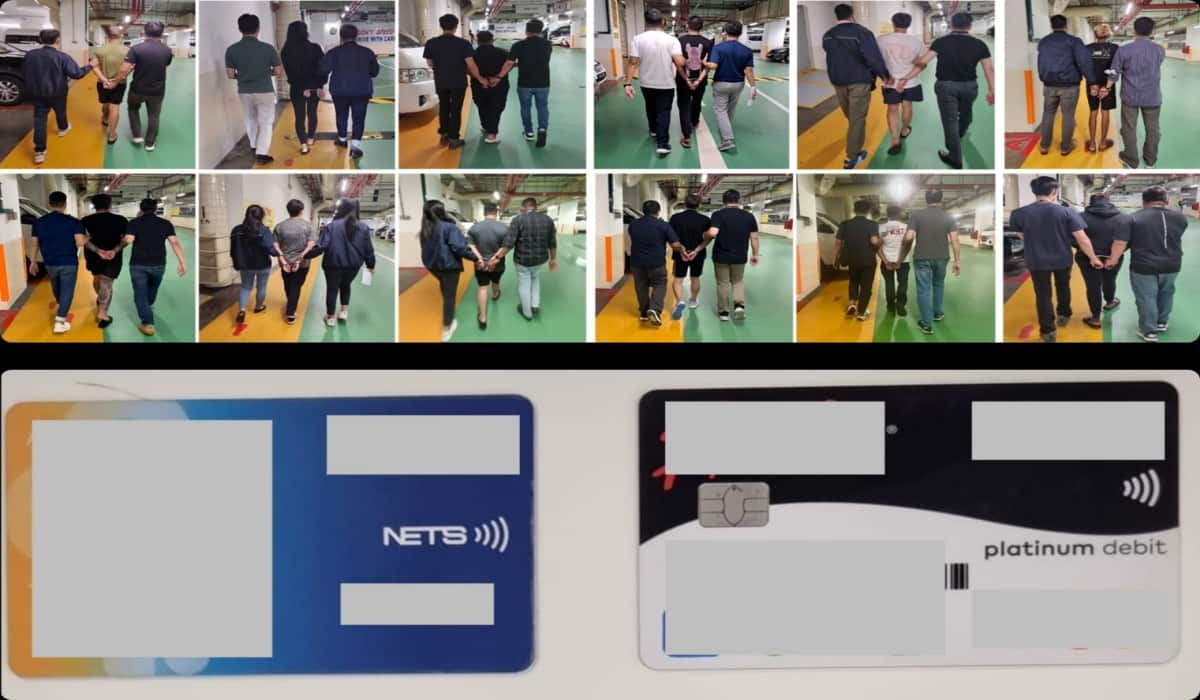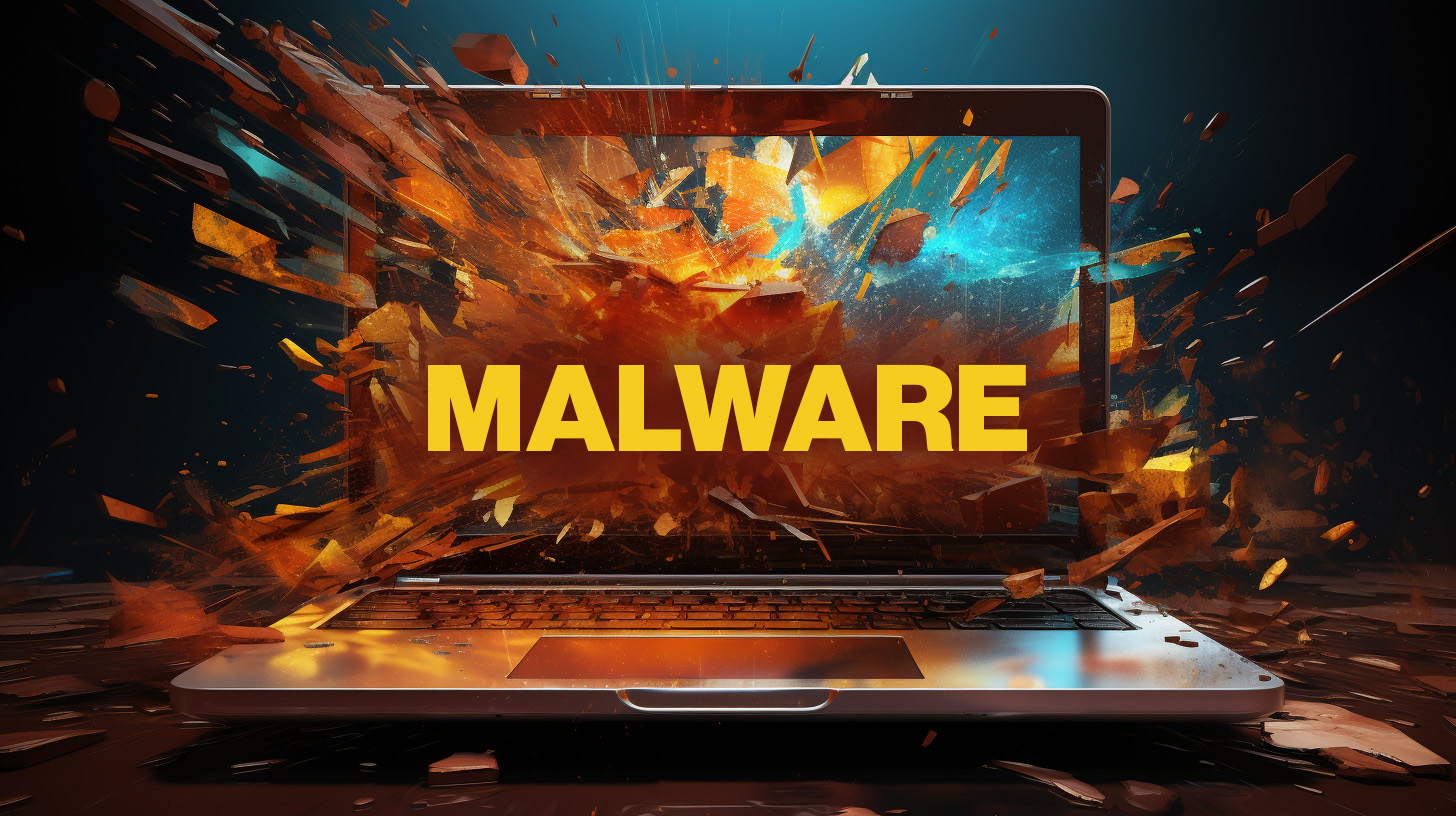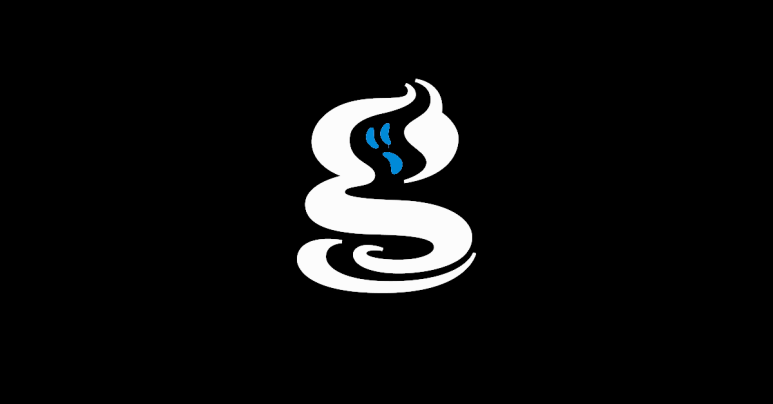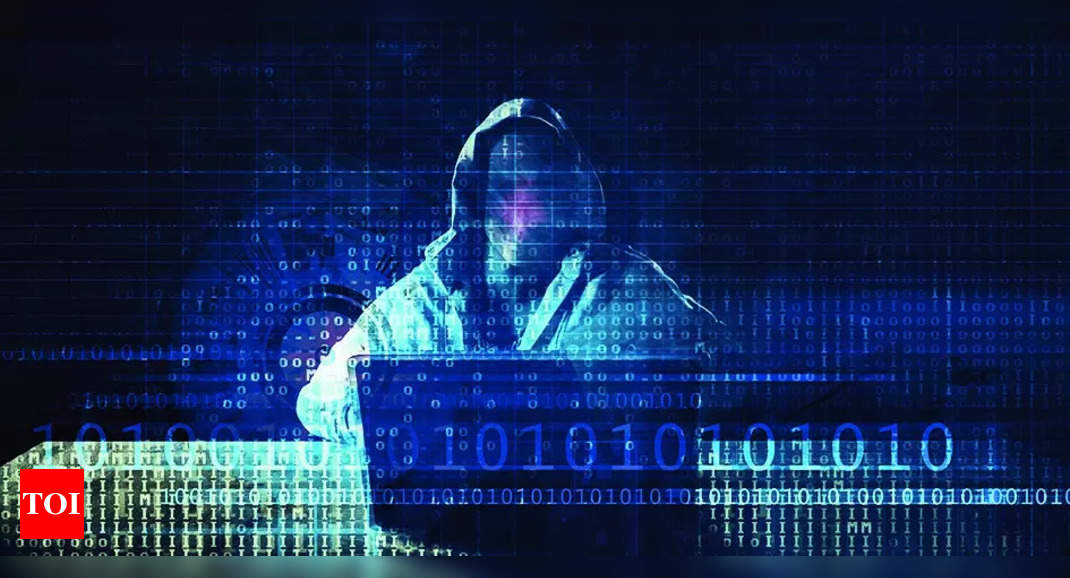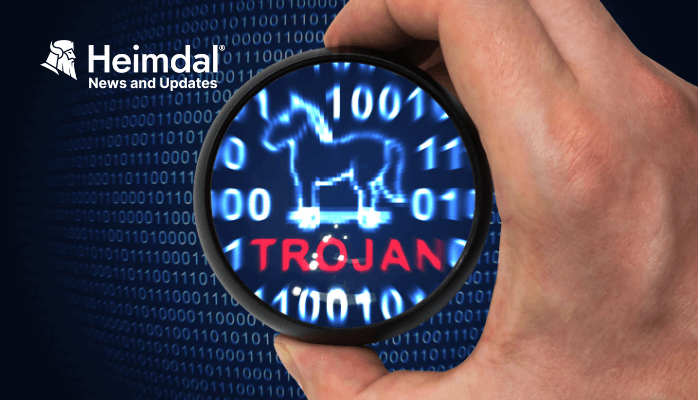The services of the company were suspended early Sunday and during the afternoon the company shared a Google spreadsheet showing crypto assets that have been stolen by the attackers.
All container loading and unloading operations at the terminals using trailers have been canceled, causing massive financial losses to the port and severe disruption to the circulation of goods to and from Japan.
Preliminary findings suggest that seven men, two women aged 19 to 27, and a 16-year-old facilitated the scam by providing their bank accounts, Internet banking credentials, and Singpass credentials to perpetrators for monetary gain.
81% of consumers report feeling “very scared or worried” about their data being held by organizations lacking robust resilience against ransomware. After an attack, one in three consumers demands evidence of resilient backup and recovery strategies.
Ghostscript reads in PostScript program code, which describes how to construct the pages in a document, and converts it, or renders it, into a format more suitable for displaying or printing, such as raw pixel data or a PNG graphics file.
the percentage of manufacturing organizations that used back backups to recover data has increased, with 73% of the manufacturing organizations surveyed using backups this year versus 58% in the previous year.
GuLoader is increasingly prevalent as a malware loader within phishing campaigns. Morphisec Labs uncovered a GuLoader campaign that has been targeting law firms (46.4%), alongside investment (17.9%) and healthcare (21.4%) firms, in the U.S. The campaign has been ongoing since April.
EarlyRAT is a straightforward program that immediately starts gathering system data and sending it via a POST request to the C2 server. The execution of commands on the infected system is EarlyRAT’s second main purpose.
A malicious actor could manipulate the manifest data of a new package, and potentially expose developers to risks such as cache poisoning, installation of unknown dependencies, execution of unknown scripts, and possibly even downgrade attacks.
DDoSia is attributed to a pro-Russian hacker group called NoName(057)16. Launched in 2022 and a successor of the Bobik botnet, the attack tool is designed for staging distributed denial-of-service (DDoS) attacks against targets.


